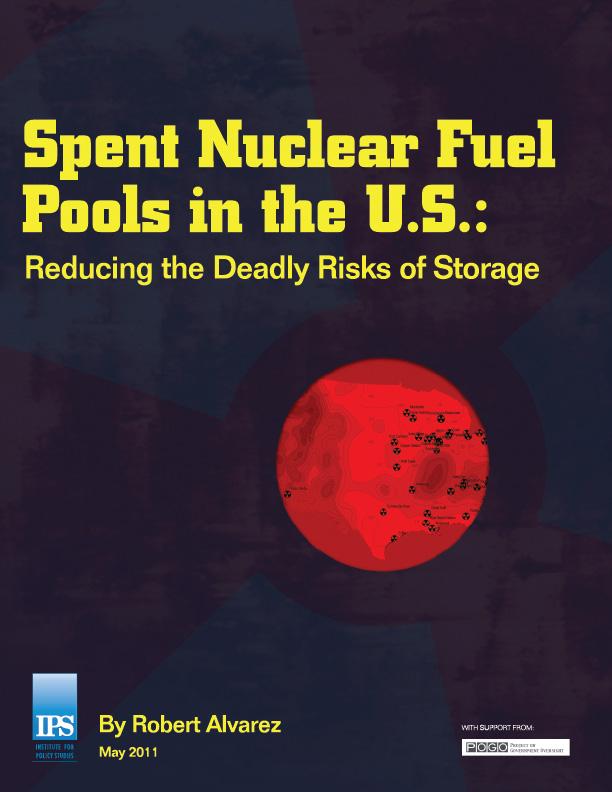
Spent Nuclear Fuel Pools in the U.S.: Reducing the Deadly Risks of Storage
The price of fixing America’s nuclear vulnerabilities may be high, but the price of doing too little is incalculable.

The price of fixing America’s nuclear vulnerabilities may be high, but the price of doing too little is incalculable.
The people of Egypt have an enormous task challenging their own government. Our job is to challenge ours.
While Canada and the US get ready to move bilaterally to beef up border security, we wonder who benefits from the proposed “security perimeter.”
The U.S. and India should not sign a treaty that will only serve the short-term interests of large corporations, and undermine the authority of governments to protect their people from financial crisis.
As the situation become increasingly dire, dubious plans are emerging in an attempt to “save” the war effort.
A renewed engagement with the ICC suggests that the Obama administration is interested in shaping international law while remaining immune to prosecution under the very laws it helps develop.

The U.S. Men’s World Cup victories are not signs of some unique “American character” that we have and that no one else possesses.

Instead of pinning the blame on Israel for flotilla tragedy, congressional Democrats are leaping to Israel’s defense.
The world won’t end if the United States isn’t likely to end the world.
The UN voted on the Goldstone Report last week. But where was U.S. Ambassador Susan Rice?
The three amigos met in Guadalajara and failed to usher in a new paradigm of North American cooperation.
Mexican, Canadian, and U.S. leaders should scrap their failed “Security and Prosperity Partnership” and begin overhauling the North American Free Trade agreement at an upcoming Guadalajara meeting.
Iranians need no lessons in democracy from the United States.
Netanyahu’s recent speech in favor of a Palestinian state contained several contradictory elements that cleverly undermined its central message.
The United States could learn a lot from Russia’s patient and persistent engagement with Iran described in detail in Persian Dreams, a new book by a State Department analyst.